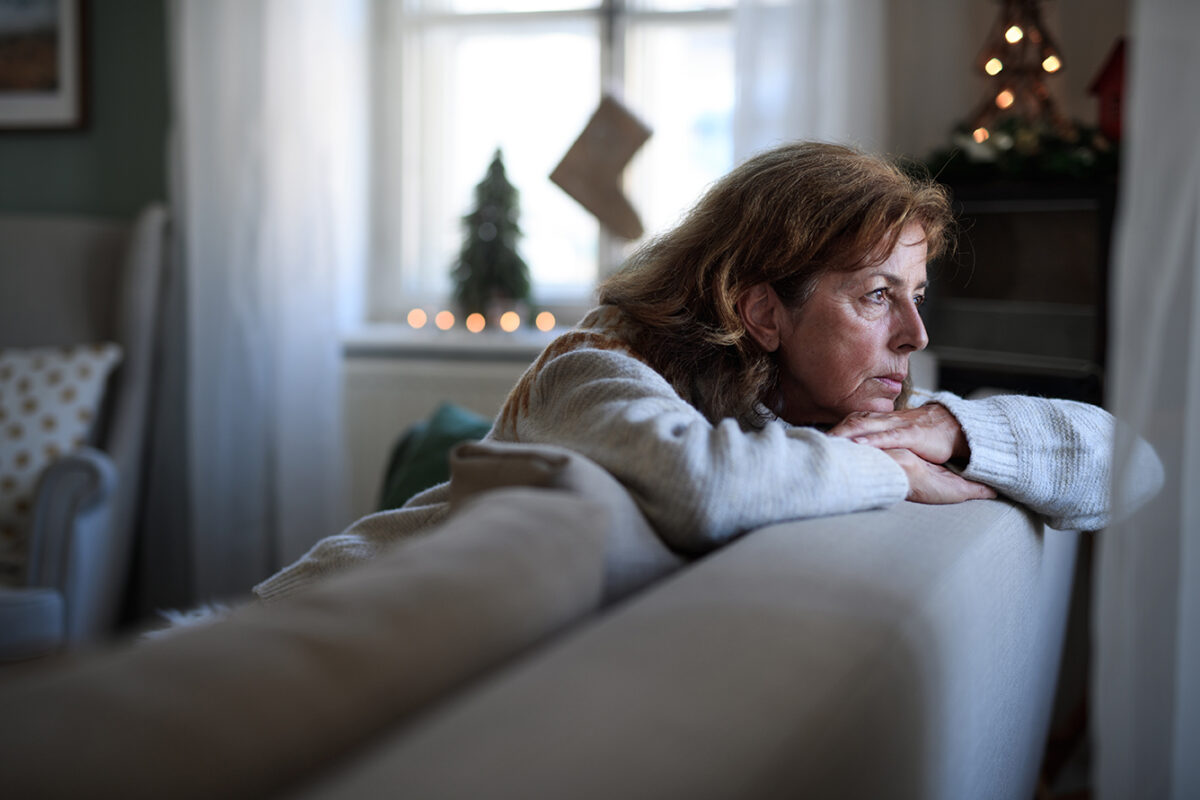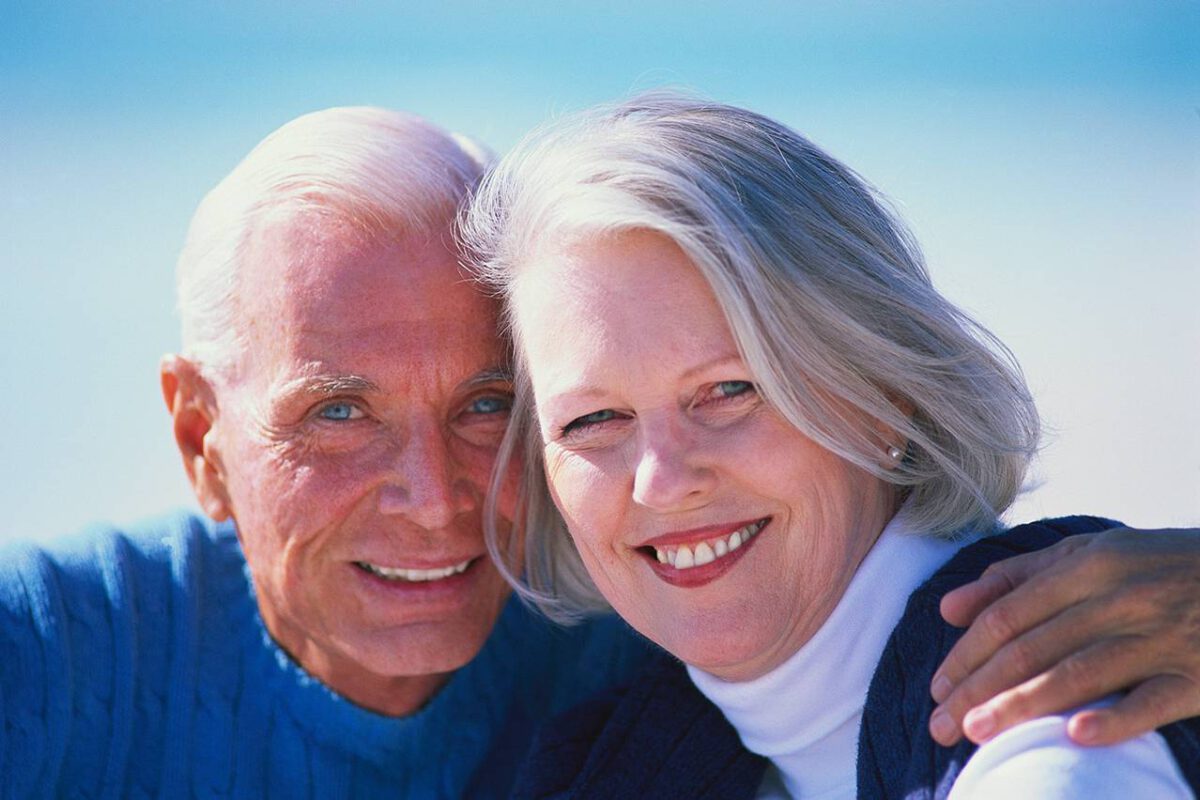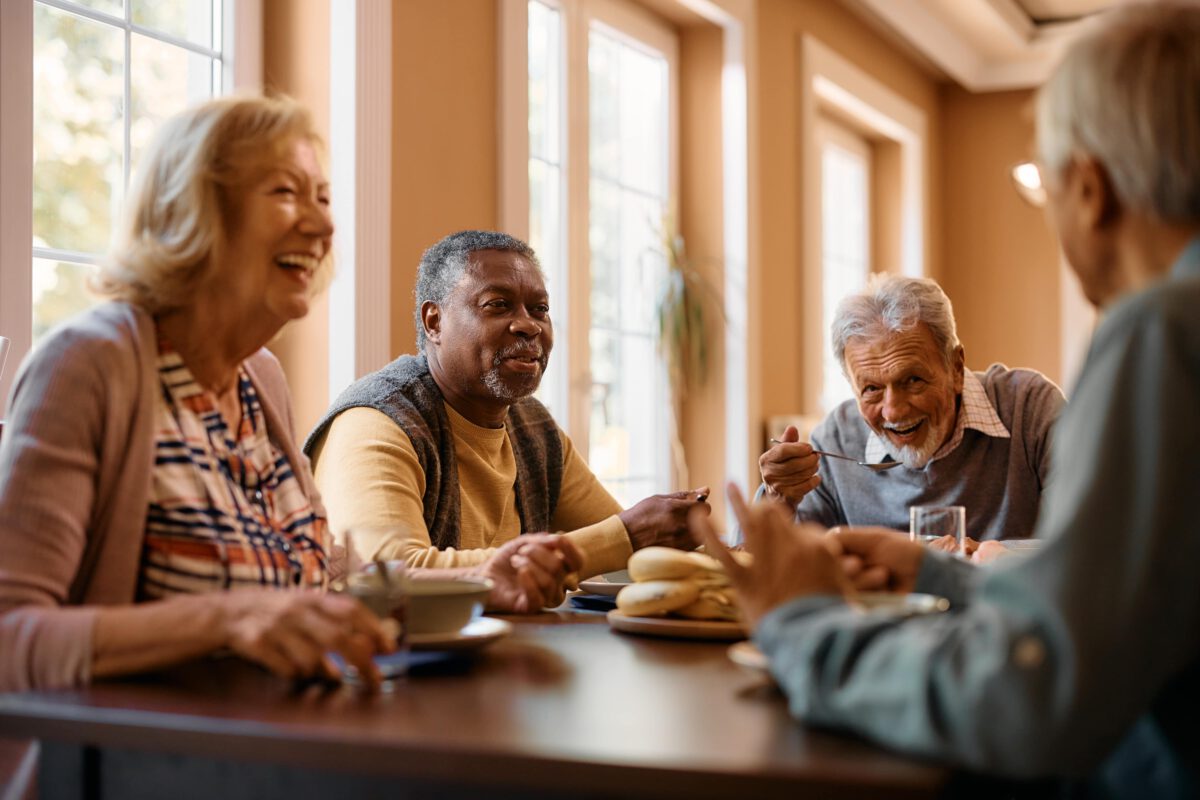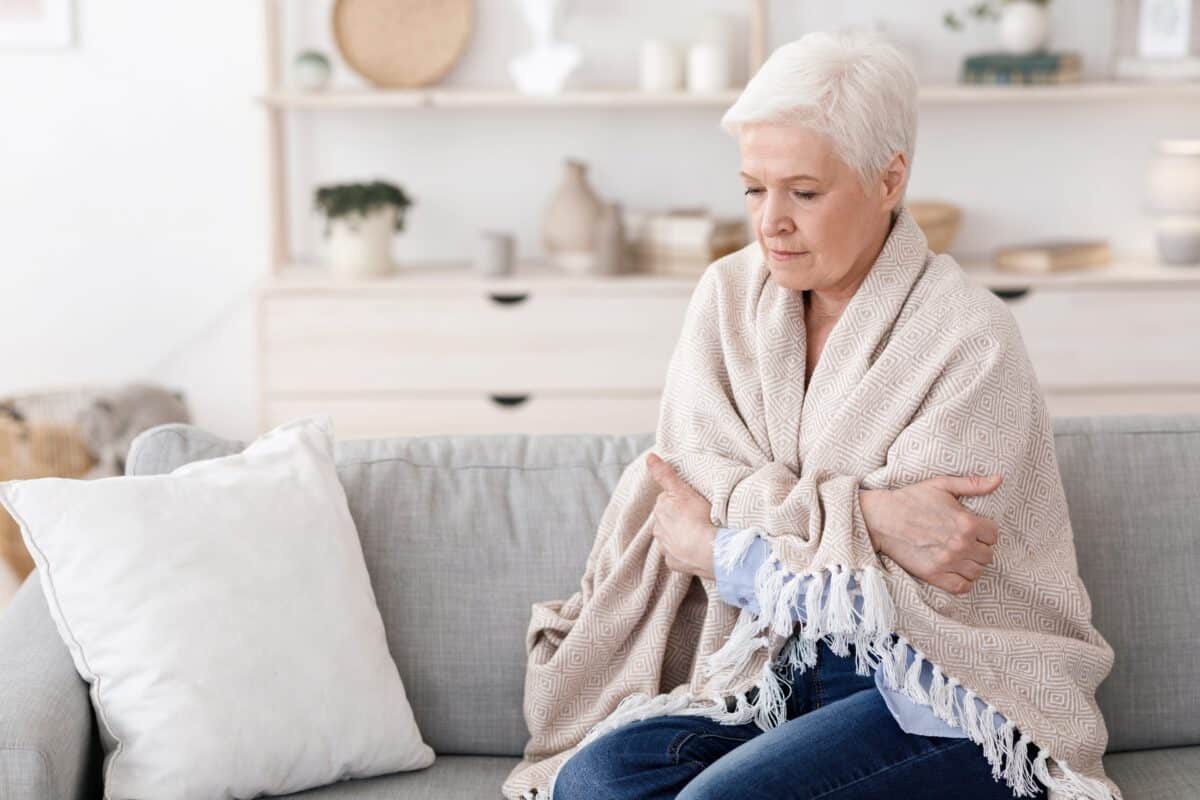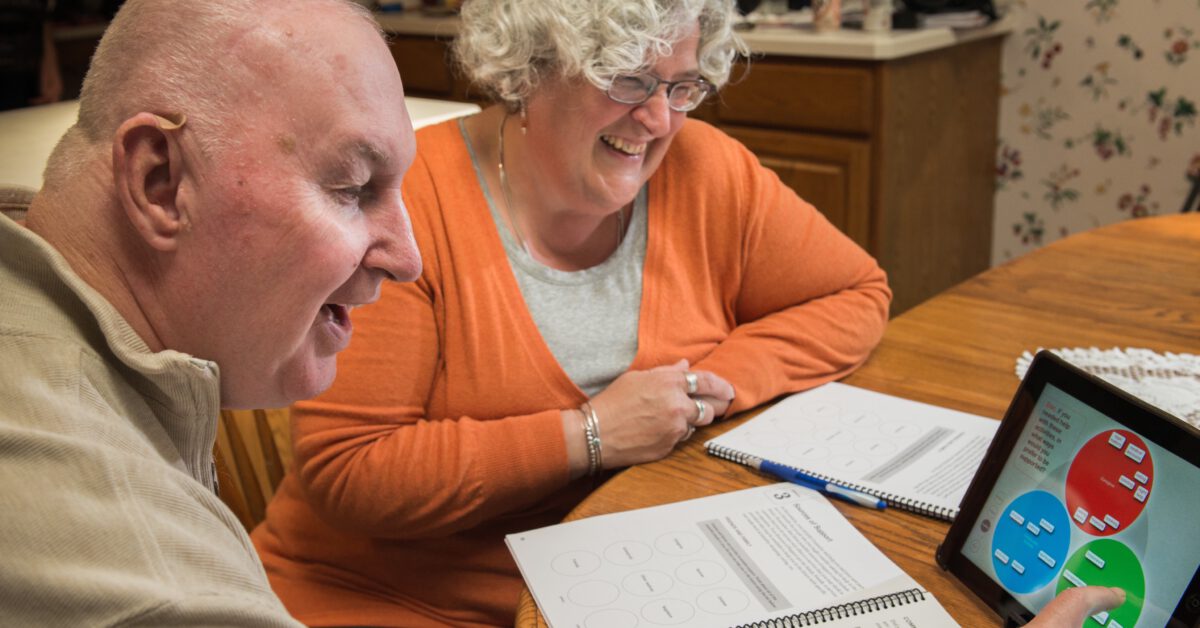Social Isolation and the Pandemic
By Tamar Cooper, Kerstin YoderDecember 3, 2020
You may be interested in:

Articles
Social Isolation and the Holidays During the COVID-19 Pandemic
Isolation has been a common theme of the COVID-19 pandemic. From the early days, we were encouraged to “socially isolate,” and while doing so is challenging for many of us, it is still considered to be a positive action for the good of our communities. But social isolation has a negative side, one that has existed long before the pandemic.

Articles
Ways to Manage Social Isolation
The negative impact and detrimental effects of social isolation remain an important topic. The AARP Public Policy Institute’s 2018 study “highlighted social isolation as the new silent killer – a major risk factor for a host of conditions, including heart disease, high blood pressure and early onset dementia.” AARP defines social isolation as “occur[ing] when people withdraw and become disconnected from family, friends and community” and reports, “… nearly 1 in 5 Americans 65 and older are socially isolated”. Given these startling statistics, what are ways we can reduce our risk and manage social isolation?

Articles
Barriers to Older Adults Remaining Social: Lessons Learned From the Pandemic
Social isolation has always been a common issue for older adults, but became even more recognizable during the COVID-19 pandemic. Over the past few years, we have seen the negative effects of loved ones being kept alone. According to the Centers for Disease Control and Prevention, extended periods of social isolation have resulted in an uptick in hospitalization of older adults due to health concerns, and an increase in depression and anxiety disorders across all ages, especially in older adults. Pandemic restrictions contributed to stress level hitting an all-time high, while at the same time lowering access to the social supports older adults and caregivers rely on for respite and building social connections.

Lakeshore: Social Hour
June 6, 2025 10:00 am

Articles
Tips to Prepare Your Older Loved One for Winter During the Pandemic
After getting by for most of the year under the shadow of the COVID-19 pandemic, many of us have been able to adapt to this new normal. However, the coming winter will reintroduce challenges not seen to the same extent since the early months of the pandemic, such as the return of cold and flu season and limited opportunities to interact in safer outdoor environments. The holiday season is also approaching, forcing all of us to consider how our usual celebrations and traditions will have to adapt to the times.

East Cleveland: Kitchen Social
February 28, 2025 12:00 am

Articles
Helping an Older Loved One Eat Healthy During the COVID-19 Pandemic
Food, besides being a necessity of survival, is also closely tied to protection from certain diseases and conditions, which is where the expression “food is medicine” comes from. By eating well, we can decrease our risk of the kind of chronic conditions that put us at risk for viruses like COVID-19, such as heart disease and diabetes, and increase our bodies’ supply of necessary disease-fighting vitamins, minerals and proteins. On the flip side, if we don’t eat well, our risk for heart conditions, diabetes, obesity, hypertension, along with other diseases and chronic condition increases, which also increases our vulnerability to viruses. Without essential vitamins and minerals, our immune systems might weaken.

Articles
Five Social and Emotional Benefits of an Early Dementia Diagnosis
Early detection and diagnosis of Alzheimer’s and dementia is a sticky subject. According to a recent study, nearly 90 percent of Americans said that if they were exhibiting confusion and memory loss, they would want to know if they had Alzheimer’s disease. Yet, over half of the people aged 45 and older with subjective cognitive decline indicated they had not talked with a healthcare provider about their questions and concerns.
